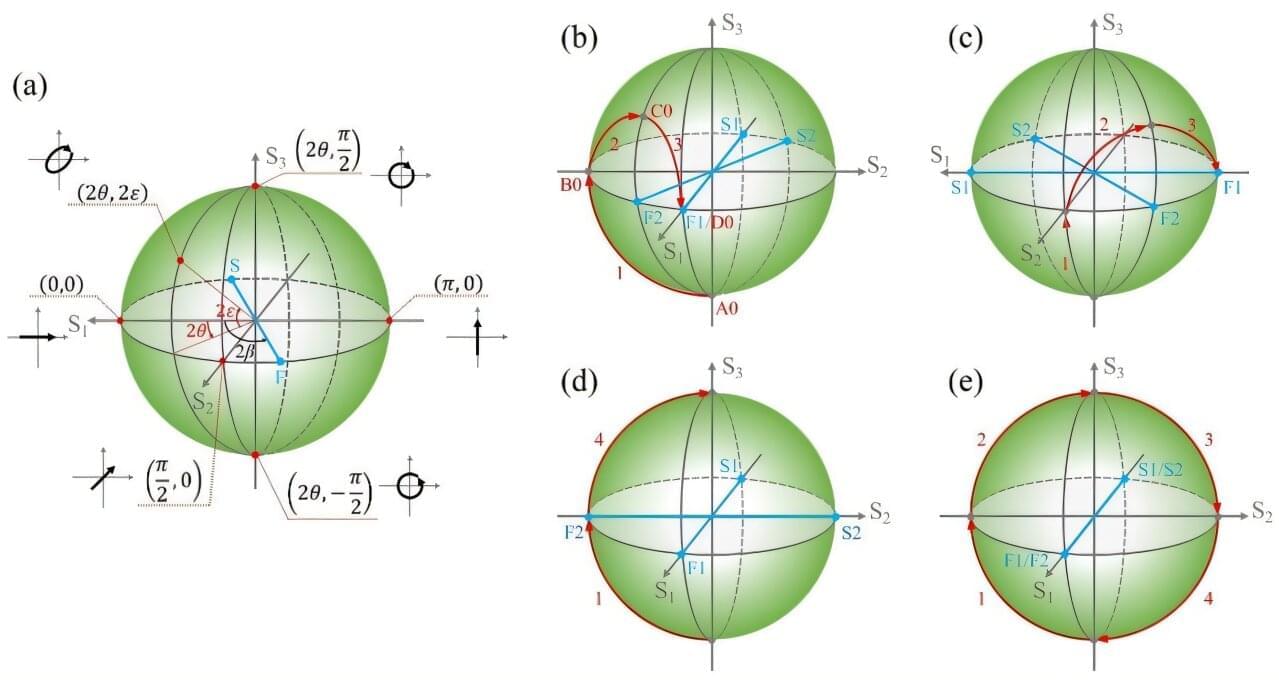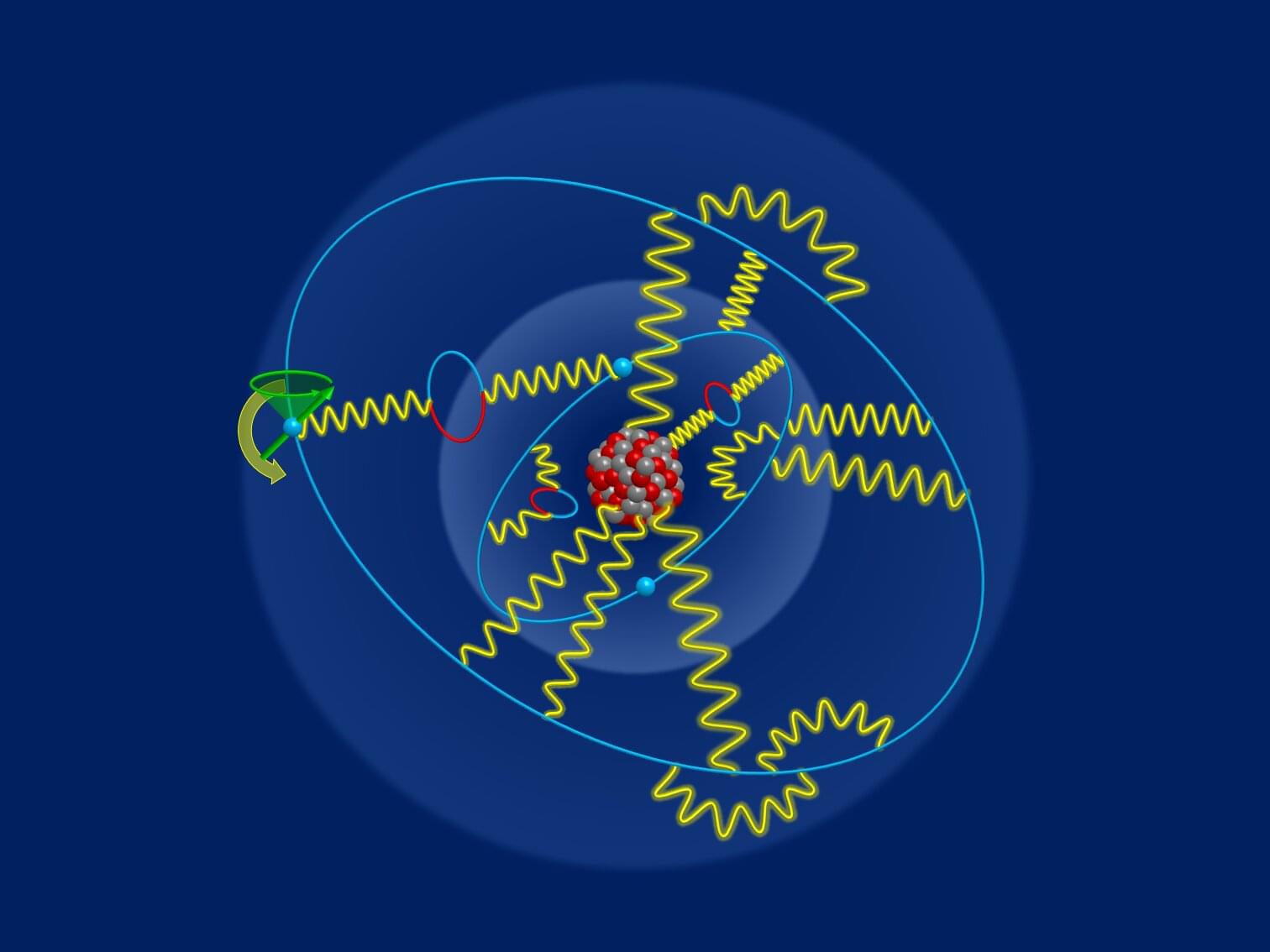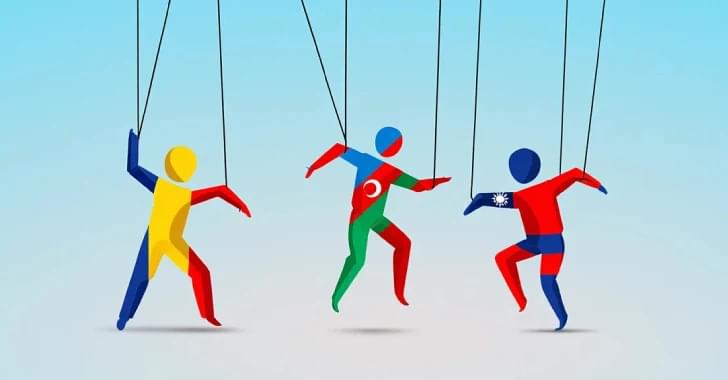A research team led by Associate Prof. Wang Anting from the University of Science and Technology of China (USTC) of the Chinese Academy of Sciences (CAS) proposed a method for multidimensional manipulation of polarization and phase based on a single geometric phase element. They managed to generate and control high-order vector vortex beams (VVBs).
The study is published in Laser & Photonics Reviews.
Since lasers emerged, multidimensional control of laser light fields has always been at the forefront of optical research. Among them, VVBs with various physical characteristics under the coordinated control of spin-orbit angular momentum (OAM) are highly favored.









